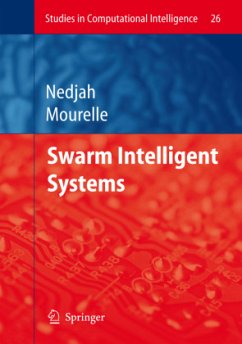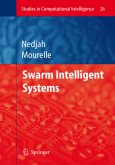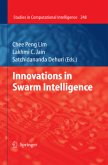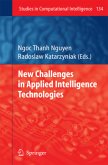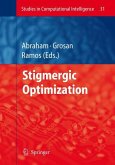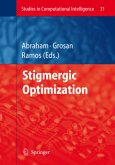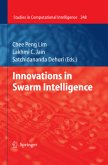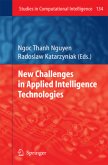Swarm intelligence is an innovative computational way to solving hard pr- lems. This discipline is inspired by the behavior of social insects such as ?sh schools and bird ?ocks and colonies of ants, termites, bees and wasps. In g- eral, this is done by mimicking the behavior of the biological creatures within their swarms and colonies. Particle swarm optimization, also commonly known as PSO, mimics the behaviorofaswarmofinsectsoraschoolof?sh.Ifoneoftheparticlediscovers a good path to food the rest of the swarm will be able to follow instantly even if they are far away in the swarm. Swarm behavior is modeled by particles in multidimensionalspacethathavetwocharacteristics:apositionandavelocity. Theseparticleswanderaroundthehyperspaceandrememberthebestposition that they have discovered. They communicate good positions to each other and adjust their own position and velocity based on these good positions. The ant colony optimization, commonly known as ACO, is a probabilistic technique for solving computational hard problems which can be reduced to ?ndingoptimalpaths.ACOisinspiredbythebehaviorofantsin?ndingshort paths from the colony nest to the food place. Ants have small brains and bad vision yet they use great search strategy. Initially, real ants wander randomly to ?nd food. They return to their colony while laying down pheromone trails. If other ants ?nd such a path, they are likely to follow the trail with some pheromone and deposit more pheromone if they eventually ?nd food.
Bitte wählen Sie Ihr Anliegen aus.
Rechnungen
Retourenschein anfordern
Bestellstatus
Storno

